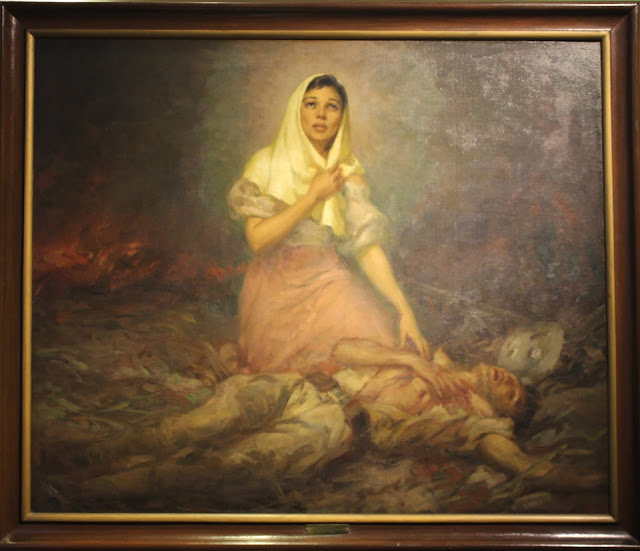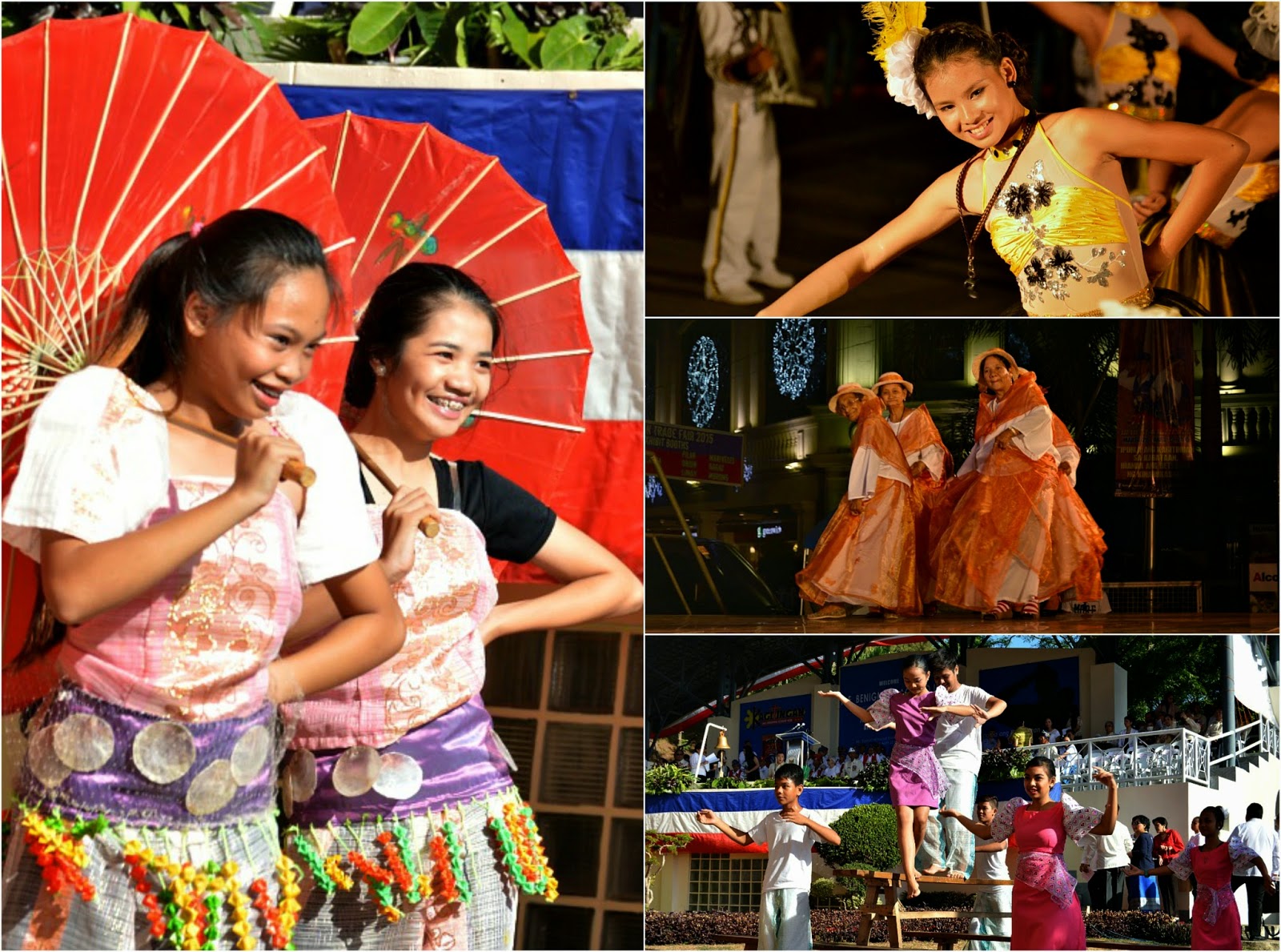Ever wonder why April 9th is marked with such solemnity in the Philippines? It's a day imbued with deep meaning, echoing with stories of courage against overwhelming odds. It's Araw ng Kagitingan, Day of Valor, a commemoration of the Fall of Bataan during World War II. This isn't just a dusty page in a history book; it's a living testament to the enduring human spirit.
Araw ng Kagitingan, often called Bataan Day in some quarters, signifies the brutal struggle and eventual surrender of Filipino and American forces to the Japanese Imperial Army in 1942. Imagine the scene: thousands of soldiers, weakened by disease and starvation, facing a vastly superior enemy. Their resilience in the face of such adversity is what Araw ng Kagitingan seeks to honor.
This day isn’t just about remembering the fall; it's about remembering the fight. The sheer grit displayed during the Bataan Defense is a powerful story of shared sacrifice and unwavering resolve. The significance of the Araw ng Kagitingan observance lies in its ability to connect us with that history, reminding us of the cost of freedom and the importance of defending it.
Understanding the origin of Araw ng Kagitingan is key to grasping its weight. It was born out of the crucible of war, forged in the shared struggle of Filipinos and Americans. The defense of Bataan and Corregidor was a desperate, last-ditch effort to hold back the tide of Japanese expansion. The battle itself, while ending in defeat, became a symbol of resistance against tyranny.
The observance of Araw ng Kagitingan is a reflection of the value Filipinos place on courage, resilience, and patriotism. It serves as a poignant reminder of the nation's past, its struggles, and its triumphs. The day compels us to examine the principles of freedom and democracy for which these soldiers fought, and to consider our own roles in safeguarding these values.
The historical context of Araw ng Kagitingan is crucial. World War II was a global conflict, and the Philippines became a key battleground in the Pacific theater. The Japanese invasion, the subsequent occupation, and the eventual liberation are all interwoven with the story of Araw ng Kagitingan. The day helps us understand the global ramifications of the war and the Philippines' role within it.
One benefit of observing Araw ng Kagitingan is the fostering of national pride. By commemorating the sacrifices made, the day reinforces a sense of shared identity and national unity.
Another benefit is the promotion of peace advocacy. By reflecting on the horrors of war, Araw ng Kagitingan encourages us to strive for peaceful solutions to conflict and to actively work towards a world free from violence.
Furthermore, Araw ng Kagitingan provides an opportunity for education. The day allows us to delve deeper into the historical events surrounding the Fall of Bataan and Corregidor, fostering a better understanding of the nation's past.
Advantages and Disadvantages of Commemorating Araw ng Kagitingan
| Advantages | Disadvantages |
|---|---|
| Promotes patriotism and national unity | Can be emotionally taxing for some, especially veterans and their families |
| Educates future generations about history | Potential for the historical narrative to be oversimplified or politicized |
| Encourages peace advocacy and diplomacy | May inadvertently glorify war or violence |
Frequently Asked Questions:
1. What is Araw ng Kagitingan? - It is Day of Valor, commemorating the Fall of Bataan.
2. When is Araw ng Kagitingan observed? - April 9th.
3. Who fought in the Battle of Bataan? - Filipino and American soldiers.
4. Why is Araw ng Kagitingan important? - It honors bravery and sacrifice.
5. What happened on April 9, 1942? - The Filipino and American forces surrendered in Bataan.
6. How is Araw ng Kagitingan celebrated? - With memorials, parades, and educational programs.
7. What is the significance of Bataan? - It was a key battleground in WWII.
8. How can I learn more about Araw ng Kagitingan? - Visit museums, read books, and participate in commemorative events.
Araw ng Kagitingan is more than just a historical marker; it's a call to remember and to learn. It’s a reminder of the courage and resilience of the Filipino and American soldiers who fought in Bataan and Corregidor. By understanding the historical context, the significance of the battle, and the sacrifices made, we gain a deeper appreciation for the freedoms we enjoy today. This day compels us to carry forward the legacy of valor, to embody the spirit of resilience, and to work towards a future where peace and freedom prevail. Let us not just remember the past, but let us also learn from it, and let it inspire us to build a better future. Honor the fallen, celebrate the survivors, and never forget the lessons of Araw ng Kagitingan.
Navigating the public sector understanding the role of an administrative assistant n29 in malaysia
Whispers of the past exploring vintage typography in canva
Unlocking the kuronami bundle mystery release date speculation and prep
history araw ng kagitingan - Khao Tick On
history araw ng kagitingan - Khao Tick On
history araw ng kagitingan - Khao Tick On
history araw ng kagitingan - Khao Tick On
history araw ng kagitingan - Khao Tick On
history araw ng kagitingan - Khao Tick On
history araw ng kagitingan - Khao Tick On
Philippines: Holy Week Schedule - Khao Tick On
The story behind the commemoration of - Khao Tick On
history araw ng kagitingan - Khao Tick On
history araw ng kagitingan - Khao Tick On
history araw ng kagitingan - Khao Tick On
history araw ng kagitingan - Khao Tick On
history araw ng kagitingan - Khao Tick On
history araw ng kagitingan - Khao Tick On














